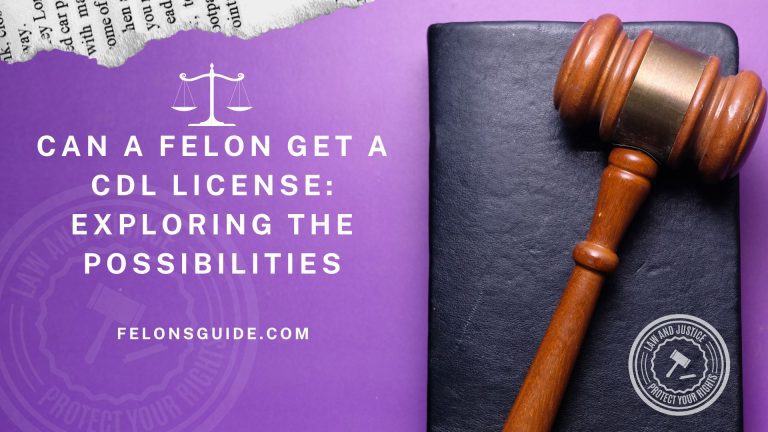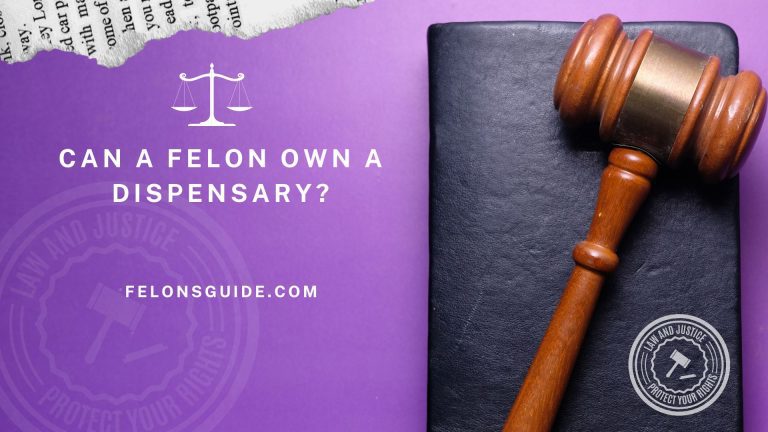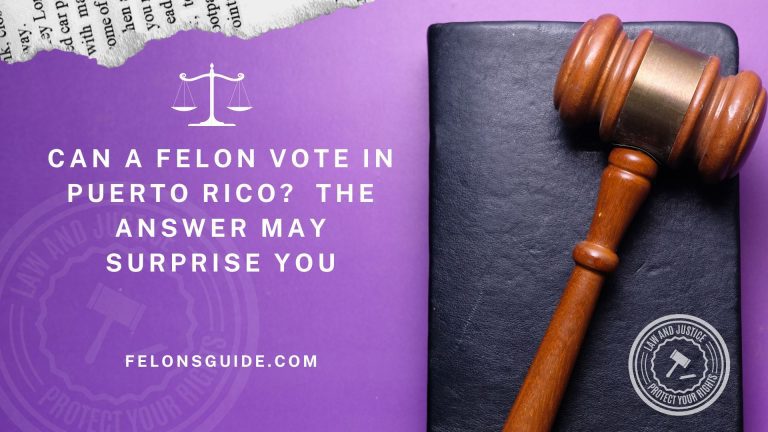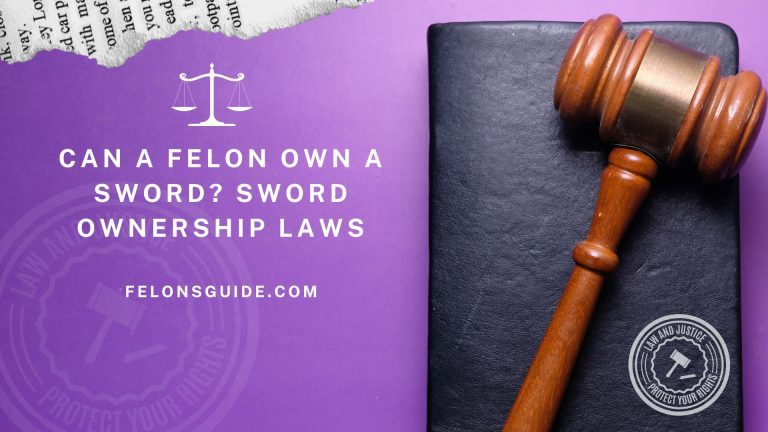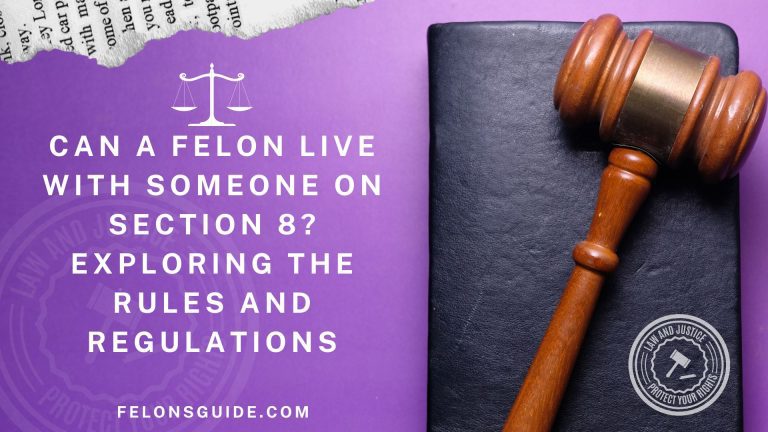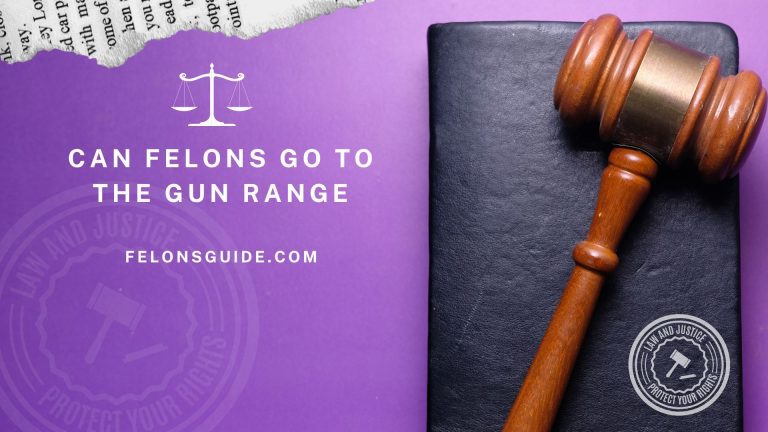Can Convicted Felons Serve on a Jury?
“Can convicted felons serve on a jury?” This is a question that has puzzled legal experts, policymakers, and ordinary citizens for decades. The answer is not straightforward and varies depending on the jurisdiction, the nature of the crime, and the severity of the punishment. In this article, we will explore the complex legal framework that governs the right of convicted felons to serve on a jury. We will also examine the controversies and debates surrounding this question and provide some practical tips for those who may be interested in serving on a jury.
Can Convicted Felons Serve on a Jury? Exploring the Legal Framework
The right to serve on a jury is considered a fundamental right in many democratic societies. It is enshrined in the Sixth Amendment of the United States Constitution, which guarantees the right to an impartial jury of one’s peers. However, the same Constitution also grants states the power to establish their own rules and regulations regarding jury service. As a result, the eligibility criteria for serving on a jury can vary widely across states.
In general, most states require that jurors be US citizens, at least 18 years old, and have no disqualifying factors such as a history of mental illness, drug addiction, or a criminal record. However, the rules regarding criminal records can be quite complex and nuanced. In some states, convicted felons are automatically disqualified from serving on a jury, while in others, the decision is left to the discretion of the judge.
The rationale behind disqualifying convicted felons from serving on a jury is to prevent bias or prejudice. The argument is that convicted felons may have a vested interest in the outcome of a trial or may harbor animosity towards the legal system, which could cloud their judgment. However, critics of this policy argue that it is discriminatory and perpetuates the stigma and marginalization of ex-offenders.
The Rights and Limitations of Convicted Felons Serving on a Jury
Despite the general presumption against allowing convicted felons to serve on a jury, there are some exceptions and nuances to this rule. For example, in some states, a person who has completed their sentence, including probation and parole, may be eligible to serve on a jury. This means that if convicted felon has fully paid their debt to society and has demonstrated a commitment to rehabilitation, they may be allowed to participate in the judicial process.
However, even in states where convicted felons are eligible to serve on a jury, there may be limitations and conditions attached to their service. For example, they may be required to provide proof of their rehabilitation, such as completing a drug treatment program or community service. They may also be subject to additional scrutiny during the voir dire process, where lawyers and judges question potential jurors to determine their suitability for the case.
Also Read: Can Felons Vote in Federal Elections? Learn about the eligibility criteria, state laws
Frequently Asked Questions
Q: Can convicted felons serve on a federal jury?
A: No, convicted felons are automatically disqualified from serving on a federal jury. The same is true for some state courts.
Q: Can a convicted felon serve on a civil jury?
A: It depends on the jurisdiction and the nature of the crime. In some states, convicted felons are disqualified from serving on any type of jury, while in others, they may be eligible to serve on a civil jury.
Q: How can convicted felon demonstrate their rehabilitation?
A: Convicted felons can demonstrate their rehabilitation by completing a drug treatment program, community service, or other forms of community
Q: Can a convicted felon serve on a criminal jury?
A: It depends on the jurisdiction and the nature of the crime. In some states, convicted felons are permanently disqualified from serving on any type of jury, while in others, they may be eligible to serve on a criminal jury under certain conditions.
Q: Can a convicted felon be removed from a jury during the trial?
A: Yes, a convicted felon, like any other juror, can be removed from a jury during the trial if they fail to meet the eligibility criteria or exhibit bias or prejudice towards the case.
Also Read: Does Uline hire felons? Understanding the Company’s Hiring Criteria
Controversies and Debates Surrounding Convicted Felons Serving on a Jury
The question of whether convicted felons should be allowed to serve on a jury is a highly controversial and polarizing issue. Proponents of allowing ex-offenders to serve on a jury argue that it is a way to reintegrate them into society and empower them to participate in the democratic process. They also argue that it can bring diversity and different perspectives to the jury, which can improve the quality of the verdict.
On the other hand, opponents argue that allowing convicted felons to serve on a jury undermines the integrity and impartiality of the judicial system. They argue that ex-offenders may have biases or prejudices that could influence their decision-making and undermine the fairness of the trial. They also argue that it could be seen as rewarding criminal behavior and sending the wrong message to the public.
Tips for Convicted Felons Interested in Serving on a Jury
If you are a convicted felon who is interested in serving on a jury, here are some tips to keep in mind:
Research the eligibility criteria in your jurisdiction: Before applying to serve on a jury, make sure to research the eligibility criteria in your jurisdiction. Some states may automatically disqualify convicted felons, while others may have more lenient policies.
Demonstrate your rehabilitation: If you are eligible to serve on a jury, make sure to provide evidence of your rehabilitation, such as completing a drug treatment program, community service, or obtaining a clean record.
Be honest and transparent during the voir dire process: During the voir dire process, be honest and transparent about your criminal record and rehabilitation. This will help the judge and lawyers make an informed decision about your suitability for the case.
Stay impartial and unbiased: If you are selected to serve on a jury, make sure to stay impartial and unbiased throughout the trial. Base your decision solely on the evidence presented in court and avoid any personal biases or prejudices.
Conclusion
The question of whether convicted felons can serve on a jury is a complex and nuanced issue that varies depending on the jurisdiction and the nature of the crime. While many states disqualify ex-offenders from serving on a jury, there are some exceptions and nuances to this rule. Regardless of the policy in your state, if you are a convicted felon who is interested in serving on a jury, it is important to research the eligibility criteria, demonstrate your rehabilitation, and stay impartial and unbiased throughout the trial. By doing so, you can help ensure the integrity and fairness of the judicial system.
